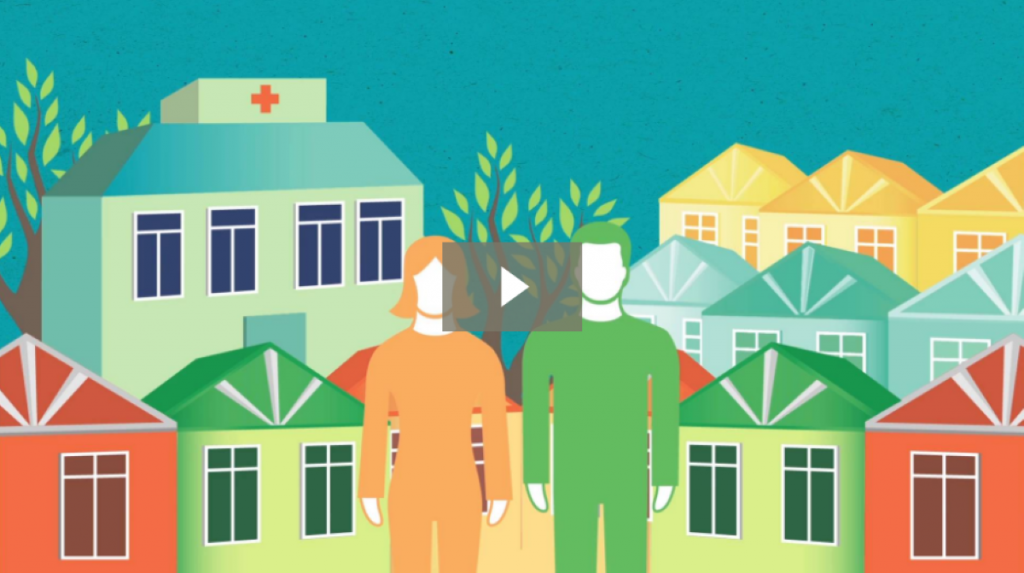Place based policy making
Where we live now is a British Academy report on the need for place based policy making.
Script
The places where we grow up. The places where we live and have lived.
All have a profound effect on shaping us as individuals, and on how we relate to each other.
Our attachments to place can make it confusing that policy is typically created outside of the places we hold dear, and then seen to be imposed upon different places, irrespective of suitability.
Yet it needn’t be this way.
Place-based policy recognises that what’s right for Cumbria isn’t right for Cornwall.
It’s about empowering local authorities to make decisions across health, education, social care and employment based on the needs of their local area.
But it’s not just about devolving power down to local authorities. It’s about deciding the most appropriate scale of place to make decisions – policy-by-policy – reflecting the scale that people most relate to. This could also mean that, for a given policy question, a national approach may in fact be the best option.
In examining the issues for our new report, Where We Live Now, we spoke to people in Manchester, Cornwall, Cardiff and London.
We found just how much people value place-based assets, from national parks and historic landscapes, to streetscapes, architecture and the arts, to community-driven organisations and local businesses. As well as the ability to get around and feel connected – but most importantly to feel as if they have an influence.
We also found that too much of policy feels as if it is applied without understanding what is right for the local area, such as the construction of a hospital in the wrong location, generic new houses, mismatched education and employment options, or a lack of transport to local services.
We found that people believe almost every decision should start by understanding what matters to people in a locality, and what constitutes its sense of place.
And in doing so, it can be possible to find solutions to bigger problems such as the shortage of housing, rising inequality, or worsening public health.
By involving people in the planning process, and letting us all play a part in determining the way a place changes, people will help shape their future, and authorities are less likely to receive objections that may delay or halt development.
By meaningfully engaging with people in the places where they live, work and play – and thus developing trust – it is possible to offer solutions that will meet people’s needs.
Place-based policy reconnects decision-making with the lived experience.
Joined-up policy at a national level is often difficult for us to comprehend due to the scale and variance of circumstance.
By focusing on a scale which we can relate to – for a place that we know – it is that much more achievable.





-01.png)